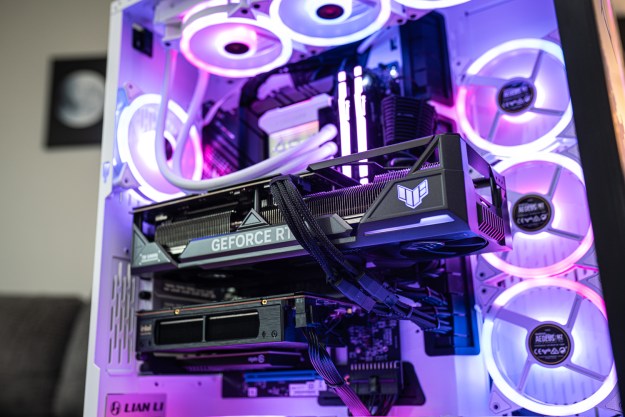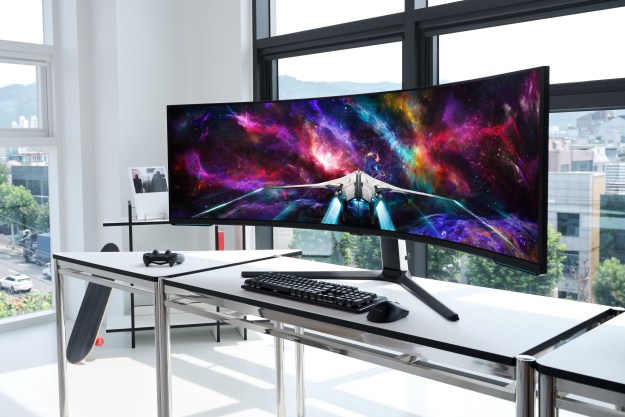New York City-based startup MyndGazer is trying to achieve something similar, only instead of music, it’s showing you your own brainwaves. And rather than displaying them on a 2D plane, you’re seeing them in real-time, and all around you with the help of a VR headset.

Compatible with both PC and Mac, the MyndGazer software is described as “a brain-computer interface platform that renders the user’s brain waves in real time as a Virtual Reality visualization.” It takes advantage of a technology called WebVR, and is supported by a wide range of VR headsets, including the Oculus Rift, HTC Vive, Google Cardboard, and “most other headsets.”
On its Kickstarter page, MyndGazer explains:
“As you focus your attention, the visualization changes around you, providing instant feedback and thus allowing you to practice staying attentive. As you meditate, placing your awareness on the changing images and relaxing, the visualization changes again and you instinctively learn to stay with that mind state, resting and open.”
Interestingly enough, MyndGazer isn’t limited to VR headsets. Even if you’ve yet to be bitten by the HMD bug, you can still try it out for yourself on a regular computer monitor sans the third dimension. MyndGazer, the company writes, is “designed to facilitate attention to moment-to-moment sensory experiences and foster extended interaction, engagement, and exploration of neural activity.”
The goal is to analyze brainwaves in order to learn to relax your mind or focus your attention. And if it works as advertised, MyndGazer could be incredibly helpful for individuals struggling with anxiety or attention deficit disorders, among other illnesses.
MyndGazer is presently being crowdfunded through Kickstarter with a $10,000 funding goal. If you want to help out the company with its apparently grandiose endeavor, you’ll want to remember to do so by March 4 at the oddly specific time of 6:37 pm ET.


